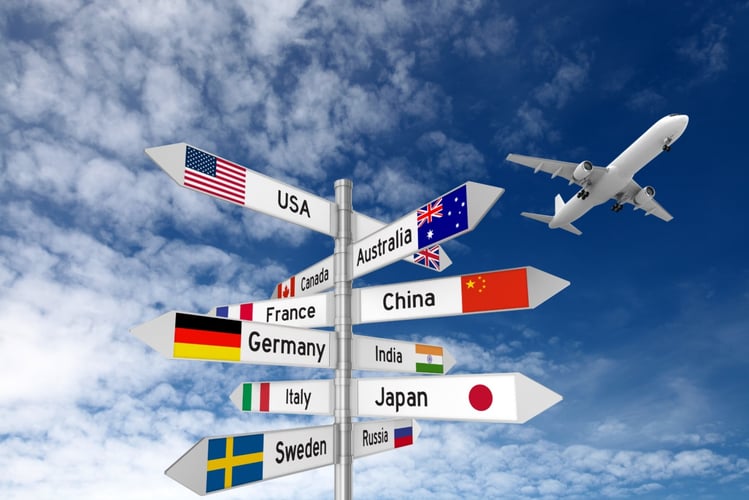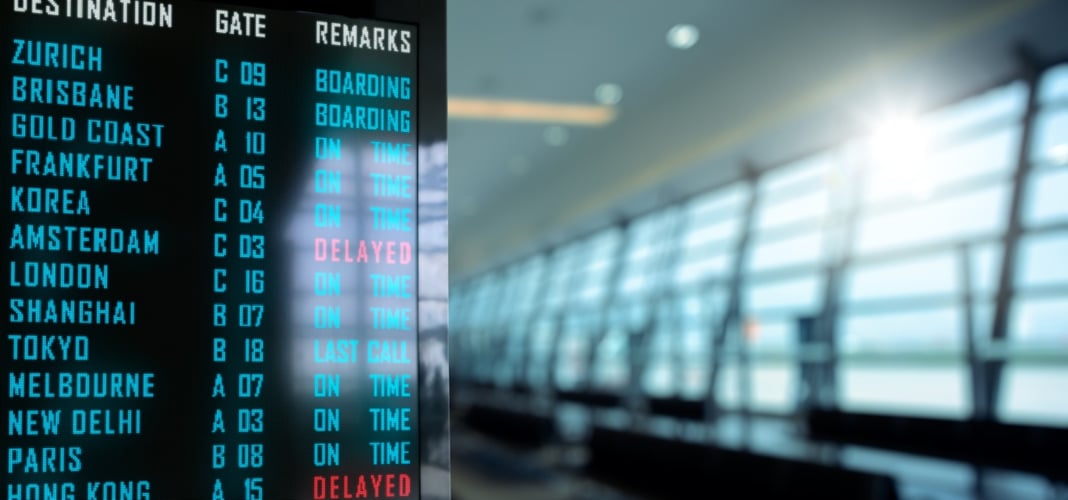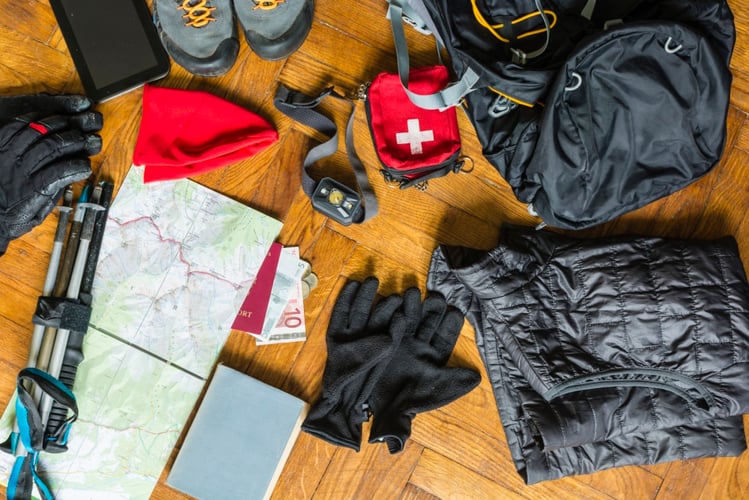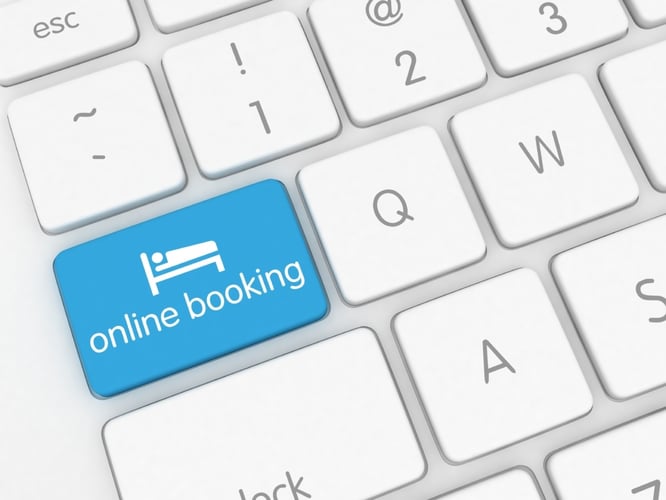
Smart financial planning tips for your winter vacation
Are you thinking about taking a vacation this winter? Perhaps you will be traveling over the holidays to visit family? If you want to stay within a budget and save money where possible, it is important for you to plan. Below we have provided you some smart financial planning tips for your winter vacation.
It’s never too early to start planning your vacation and preparing for hiccups that could occur along the way. Since the holiday season and winter months are especially busy and the most expensive for traveling, try to plan every aspect of your trip now to avoid consequences later.While you consider how to save money or remain within your budget, try and be flexible. Everyone wants to vacation to resorts and get there fast, but traveling to alternative destinations, leaving on different travel dates, and deciding to use connecting flights out of another airport can save you money. It really comes down to whether you are willing to be flexible in how you travel.
Here are some tips for you to consider for a financially sound vacation.
1. Pre-trip checklist reminders

Before leaving for your trip, consider how long you might be gone. This also means planning for worst case scenarios that may lead to you being gone longer than expected. Will you have bills or payments due while you are gone? It’s probably not a bad idea for you to double check this area of your finances. One suggestion would be placing your regular fixed expenses on automatic withdraw so that you aren’t hit with any late fees. In addition, check your account balances to ensure that you have adequate funds.
Don’t forget to inform your financial institution(s) of your travel agenda and anticipated spending. That way your account activities won’t lead to the bank assuming charges are fraudulent and your account being frozen. International trips often lead to this outcome if banks do not know in advance that travel is coming.
2. Avoid hiring a travel Agent

One expense to eliminate from your travel budget is a travel agent. There are many resources available online to help you plan your trip. Be flexible and prepare your own trip by learning about alternative traveling preferences, vacation destinations, and activities. Doing this yourself might allow you to plan the trip more effectively. No one knows more about what you look forward to on your trip than you do.
3. Consider alternative destinations
While planning, investigate alternative destinations. Everyone wants to visit the most popular destinations or attractions. Have you considered activities that could be just as enjoyable at alternative locations versus well-known resorts? You might come to find that your backup plans could be less costly and more fun than your original plans.
4. Be flexible on departure dates
When you decide to travel, try to avoid popular travel dates. Everyone has the same intention to pursue great deals and get to their destinations at the same ideal date and time. However, if you are willing to leave earlier or perhaps on the actual holiday date, you could avoid large crowds and find less expensive options. Also, don’t forget to purchase your travel tickets well in advance so that you don’t have to pay as much on your departure date.
5. Be flexible with flight options
Did you know that you could save a lot of money on how you to choose to fly? Taking advantage of connecting flights out of smaller metropolitan areas could save you money. Choosing to leave in the early hours of the morning during of the week is also a less expensive option. If your flight ends up being overbooked, the airline might offer the option to leave at a later time. Sometimes this will include saving options for you. One example could be the airline offering you future flyer miles. Your willingness to be flexible could again save you money.
6. Pack light
Another area you could save in is by packing light. If you and your travel party can pack light for your trip, you are ahead of the curve. Airlines charge additional if you exceed luggage weight and quantity limits. This is could add up quickly if you have multiple travelers. Save yourself time and your hard-earned cash by not overpacking your luggage. If you take advantage of overbooked flights deals, you could also save yourself waiting time at the bagging claim and avoid the potential unrest of lost baggage.
7. Prepare for healthy travel
Be sure that you (and your family) are up-to-date on your shots. Getting sick while you travel is not fun and ends up leaving you feeling like you have wasted your money on the trip. Airports, train stations, and boating docks are hub spots for bacteria and the spread of germs. If you want to avoid the purchase of medications and further appointments at the doctor’s office establish a clean bill of health beforehand. No pun intended.
8. Pre-book activities

If you don’t expect to book activities before arriving at your destination, you are in the minority. Most people tend to schedule key events when applicable. If you are traveling to places where you will want to experience a renowned show, you better place your reservations in advance. Places like NYC which have televised shows or tapings typically have audiences book a year or more in advance.
If you want to wait until the date of the event, you could be standing in lines with hundreds of other people for just a few open seats, if those are even available. This also doesn’t consider the outrageous prices you might be required to pay for last minute access.
9. Use your digital toolkit
If you have a smartphone and the right apps, you have a savings tool at your fingertips. You can access all kinds of businesses and view their specials when you have arrived at your destination. Moreover, promotional ads are typically accessible once you arrive and often will find you based on your interests and history.
10. Spend like you are a local
Have you considered living like a local, shopping and eating as you would back home? Sure, you want to experience new things and enjoy your vacation but do so in moderation. Try not to overspend on extravagant perks like high-end dining. Your shopping habits could also be a struggle. Remember, just because you are traveling, your income doesn’t change. Try to limit yourself to just a few souvenirs. These saving opportunities could allow you to extend your travel budget for other activities.
Your housing could also be an area where you save. If you are vacationing at an exotic destination, it might be cost-effective to investigate housing options for the duration of your stay. Airbnb or local bed and breakfasts are viable options. Sure, you might have to travel a few more minutes depending on how far away you are from your anticipated activities, but you could save when compared to the more elaborate hotels. Many resorts include fees for the use of amenities in your overall costs, often for items you might not use or enjoy. Save where you can and don’t pay for things you don’t use.
Bonus
You never know what might happen during your travels. Whether you are delayed at the airport and you must dine multiple times, or your car breaks down from inclement weather and you need roadside assistance, keep extra cash with you so that you don’t have to pay ATM or additional card fees. It’s safe to say; you never know what’s going to happen. Having extra cash in your pocket will provide you with a safety blanket if you need it.
Before leaving, consider our smart financial planning tips for your winter vacation so that you can maximize your budget. It’s never too early to start planning your vacation and preparing for hiccups along the way. Planning will increase your ability to have a financially safe and enjoyable winter vacation.
-2.png?width=300&height=65&name=AFCU-logo-2019-white-sm%20(1)-2.png)